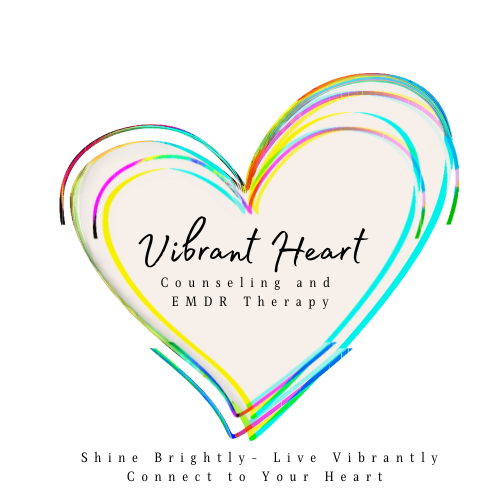Understanding How Trauma Affects the Brain
When we experience trauma, our brains undergo significant changes. Trauma teaches us something because the brain physically stores information within the networks of brain cells, known as neurons. These networks form our unconscious mind, shaping our interpretations of the world around us and influencing our emotions from moment to moment.
Traumatic memories are often unprocessed and stored in the brain in a way that causes them to resurface repeatedly, impacting how we view and respond to new situations. These unprocessed memories can undermine our happiness by causing us to relive the emotions, physical sensations, and beliefs from the traumatic events, even when the actual danger has long passed.
How EMDR Therapy Works
EMDR therapy targets these unprocessed memories, specifically the negative emotions, sensations, and beliefs associated with them. By activating the brain’s information processing system, EMDR allows you to digest and integrate these old memories. This process helps to release the pain trapped within your system while retaining any useful strengths or wisdom gained from your experiences.
During EMDR sessions, a therapist will guide you through specific eye movements, taps, or sounds while you recall the traumatic event. This bilateral stimulation is thought to help rewire the neural networks associated with trauma, promoting the brain’s natural healing processes. As a result, the memories of the traumatic events are stored in a way that no longer causes distress, allowing you to move forward without being haunted by the past.


The Benefits of EMDR Therapy
-
Effective for PTSD and Trauma: EMDR is particularly effective for individuals with PTSD and those who have experienced significant trauma. It has been shown to reduce symptoms and improve overall mental health.
-
Quick Results: Compared to traditional talk therapy, EMDR can produce results more quickly. Some individuals notice a reduction in symptoms after just a few sessions.
-
Holistic Healing: EMDR not only addresses the emotional and psychological aspects of trauma but also helps alleviate physical symptoms related to stress and anxiety.
-
Strengthens Resilience: By processing and integrating traumatic memories, EMDR helps individuals develop greater resilience and coping skills, empowering them to handle future challenges more effectively.
-
Non-Invasive: EMDR is a non-invasive treatment that does not require medication. It focuses on the natural healing capabilities of the brain.
Reasons to Seek Out EMDR Therapy
-
Persistent Distress: If you have experienced a traumatic event and find yourself constantly reliving it through flashbacks, nightmares, or intrusive thoughts, EMDR therapy can help reduce these symptoms.
-
Emotional Numbness: Trauma can lead to emotional numbness or a lack of connection to your feelings. EMDR can help you reconnect with your emotions in a healthy way.
-
Avoidance Behaviors: If you avoid certain places, people, or activities because they remind you of the trauma, EMDR can help you confront and process these triggers.
-
Anxiety and Depression: Trauma often leads to anxiety and depression. EMDR therapy can address the root causes of these conditions, providing relief and improving your quality of life.
-
Physical Symptoms: Trauma can manifest in physical symptoms such as chronic pain, headaches, or gastrointestinal issues. EMDR therapy can alleviate these symptoms by addressing the underlying trauma.
At Vibrant Heart , we are committed to helping you overcome trauma and reclaim your life.
If you are ready to take the next step towards healing, contact us today to schedule a consultation. Let me support you on your journey to greater ease, better self-connection, and emotional freedom.

